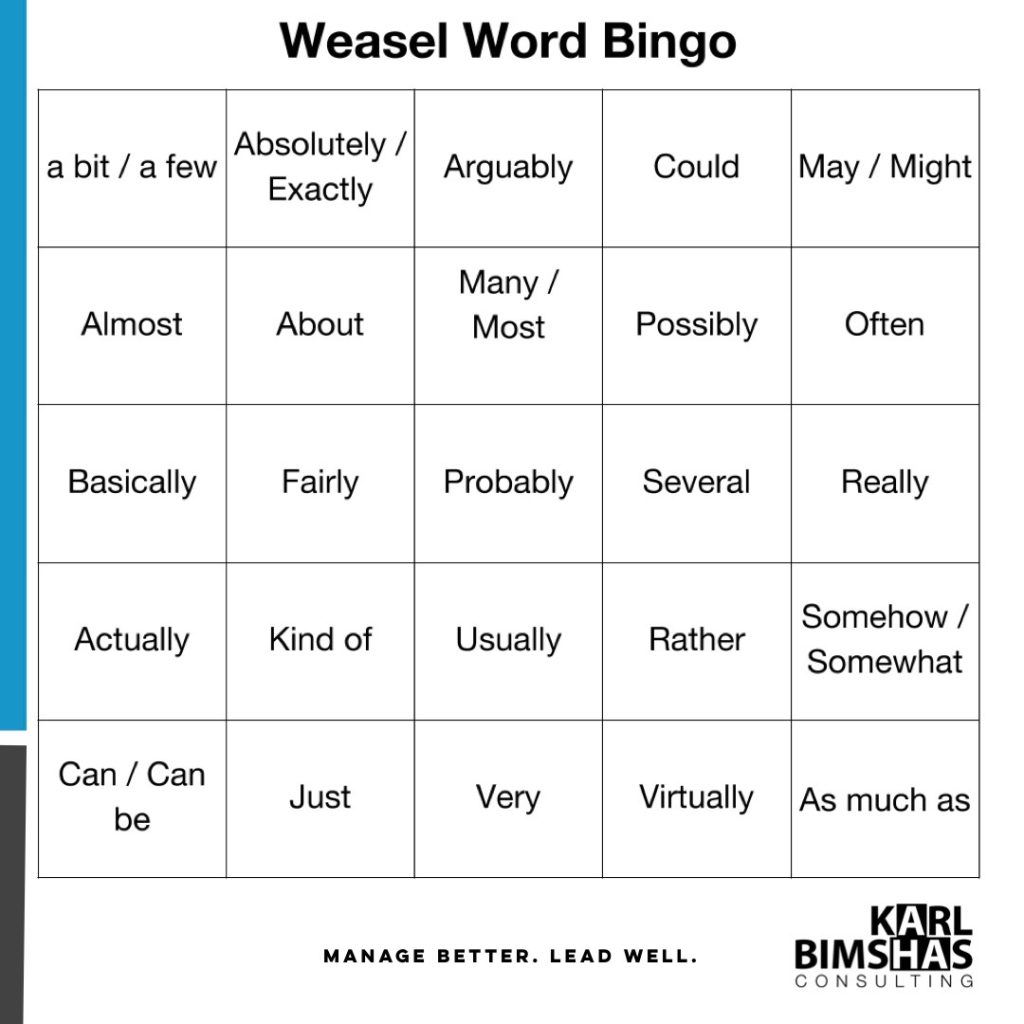
Those who have read my work for a while know that insight frequently strikes me via the rule of threes. The first mention of something might prompt me to make a casual note. The second mention prompts familiarity and begins to breed curiosity. The third occurrence tells me it is time to take action.
One
I had lunch with a friend, and we eventually discussed the future and what we wanted in our businesses. He reminded me about the exercise of vividly visualizing my desired state. I believe in the practice and use the term, “sensual vision” with my clients. Your desired picture of success does not stop with your eyes. You should use all five of your senses to create a compelling vision. As all good friends do, he told me, “You don’t always do that. Some of your words are wishy-washy.” He’s right, I have been slipping in some “probablys” and “kind ofs,” and it’s caused me to self-examine why. What am I protecting? Do I not fully believe in the goal, or myself?
Two
I met with a writer to discuss working with me on a few projects. Unsolicited, she took one of my articles and ruthlessly corrected my grammar and sentence structure. For those who enjoy fixing grammar and proper sentence structure, my writing provides fertile ground. Yes, every writer is moderately pained by editors, but I had no significant objection. She knows very little about me or my writing style, yet she removed words and made the piece stronger. I looked at the casualties, the words that fell and I saw something familiar. The “very” “sometimes” “just” and “probably” crowd.
Three
I flipped through an old spiral notebook and paused at a page where I had scratched out the title, “Nonsense Words” and listed beneath were “very,” “really,” “things,” “was,” and other usual suspects. These are also known as weasel words, and they suck the life out of your vision and goals and wreck havoc with accountability.
Weasel words lack specificity and punch. You have got to eliminate them from your writing, from your speaking, and most challenging, from your thinking whenever possible.
It’s a difficult task because we use these words as a crutch. They allow us to limit or qualify our commitments with conditions or exceptions. We do so for many reasons. Mostly to protect ourselves; a helpful tool in legal and political matters, but less so everywhere else. When we use them, we are hedging, and the biggest thing we are protecting is our ego.
As leaders, particularly the new, or those embarking on something they are not yet committed to, we hedge. We want to woo followers, build a team, and we worry too much about offending. It’s a concern that leaders have to get over. You will offend people, without any effort on your part and regardless of your precautions. The difference is when you have a knowing, your confidence and conviction manifest, and you are less concerned about the opinion of others because you are secure with yourself and your actions. This behavior alone will silence many detractors who don’t have equal knowledge. Confidence scares those who are insecure.
Other than zealots, people don’t follow leaders who are ambiguous. We appreciate sure footedness, confidence, a calming sureness in those we choose to follow. Be candid and hedge less.
Use a Weasel Word Bingo to help gradually root them out. It’s not necessary to eradicate them from your vocabulary; it may not even be possible. Instead, become aware of them and look for better alternatives. Your confidence will soar, and you will lead better.
